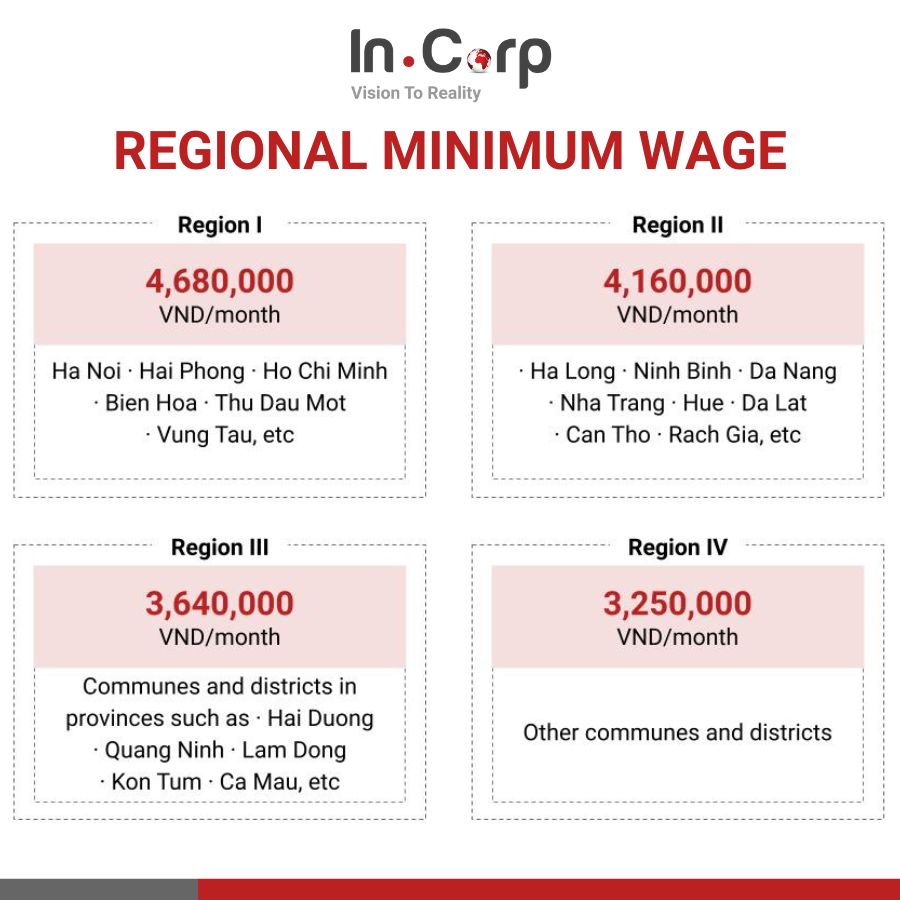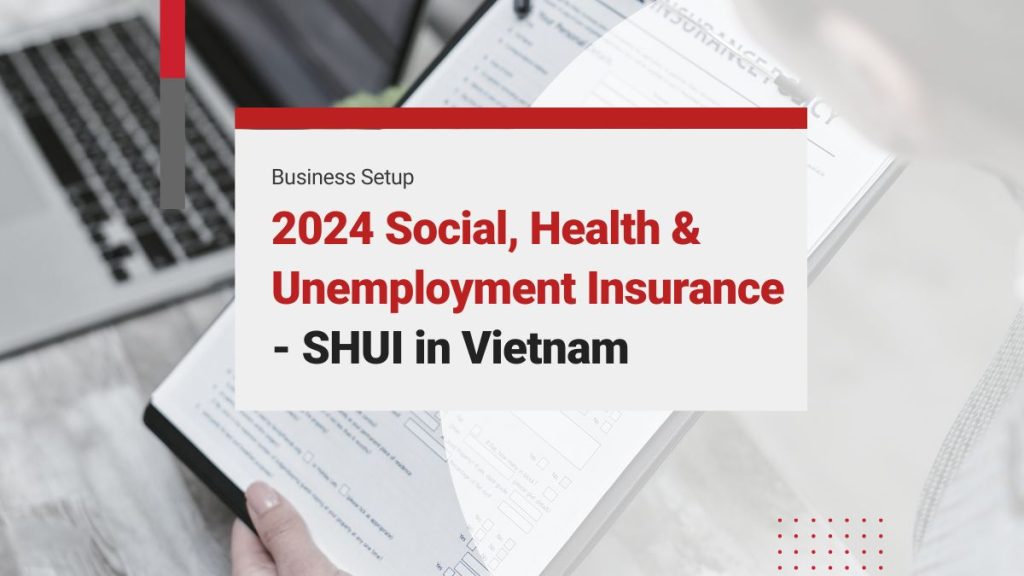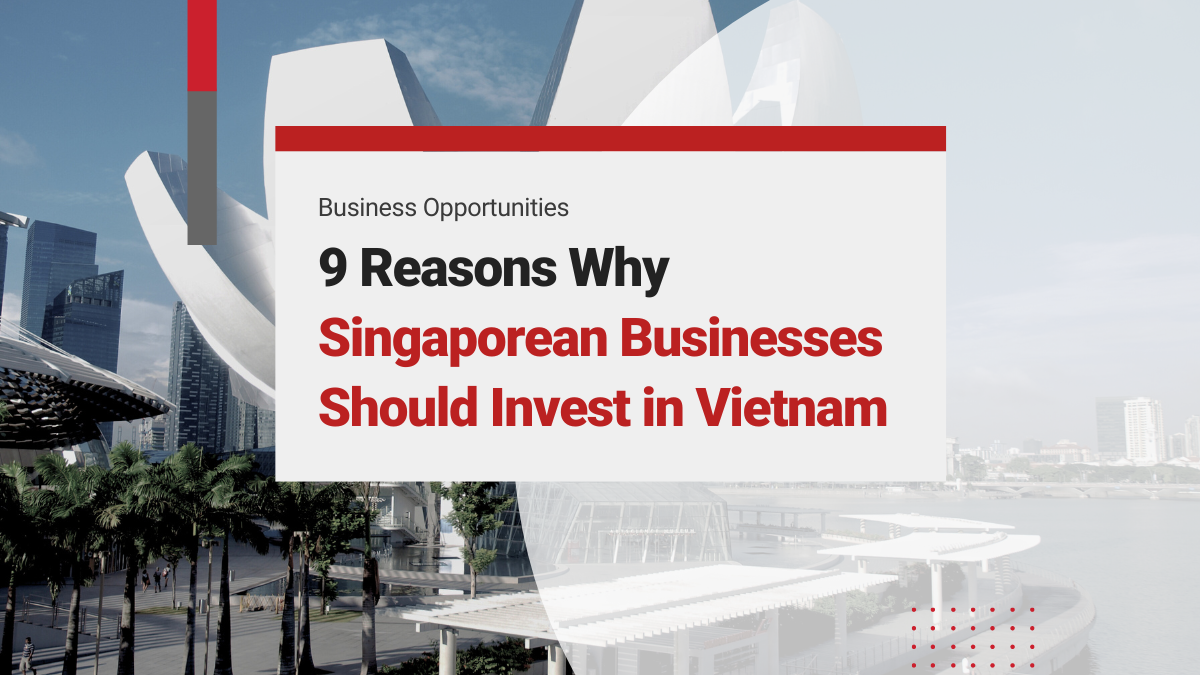Vietnam social insurance is becoming increasingly critical for business owners and employers to master as the economy continues to grow. This complexity is particularly evident in Vietnam’s employee insurance system, which includes various types of insurance collectively known as SHUI – Social, Health, and Unemployment Insurance.
Understanding and effectively managing SHUI is essential for ensuring compliance with Vietnamese regulations and for providing adequate protection for employees. This article aims to demystify the components of Vietnam’s employee insurance system, offering valuable insights for businesses navigating the fast-evolving landscape.
Check out InCorp Vietnam services to see how we help your business with Employee Insurance (SHUI)!
Obligations Related to Payroll in Vietnam
Social Security
According to the Law on Vietnam Social Insurance 2014, the compulsory insurance payments are as listed below:
For Vietnamese employees
| For Employees | For Employers | |
| Health insurance | 1.5% | 3% |
| Social insurance | 8% | 17.5% |
| Unemployment | 1% | 1% |
For foreign employees
| For Employees | For Employers | |
| Health insurance | 1.5% | 3% |
| Social insurance | 8% | 17.5% |
| Unemployment | n/a | n/a |
Trade Union Funds
According to Article 23, Decision 1908/QĐ-TLĐ, trade union funds fees are as listed below:
– 2% for Vietnamese and foreign employees, paid by the company
– 1% for Vietnamese employees and foreign employees (Max VND 180.000) if the company has set up an in-house Trade Union Board
Personal Income Tax
According to the Law on Personal Income Tax 2007, personal income tax rates are as listed below:
– From 5 to 35% for local employees and foreign tax residents, depending on the income level
– 20% for foreign non-tax residents (staying in Vietnam less than 183 days/year or not having e regular residence in Vietnam)
Download InCorp Vietnam’s Tax Guide to explore more Personal Incom Tax in Vietnam
2023 Update: Increased Insurance Payment Caps
From July 1, 2023, the national base wage (for civil servants and public employees) is VND 1,800,000, up from VND 1,490,000. As a result, the maximum caps for calculating statutory insurance payments will be increased for both employees and employers.
The table below demonstrates these changes, regulated in Resolution 69/2022/QH15.
| For Employees | For Employers | |||
| Maximum cap of Social Insurance | 1,800,000 * 20 * 8% = VND 2,880,000 per month | 1,800,000 * 20 * 17% = VND 6,120,000 per month | ||
| Maximum cap of Health Insurance | 1,800,000 * 20 * 1.5% = VND 540,000 per month | 1,800,000 * 20 * 3% = VND 1,080,000 per month | ||
| Maximum cap of Accident & Occupational Disease Insurance | n/a | 1,800,000 * 20 * 0.5% = VND 180,000 per month | ||
| Condition to be eligible for 100% coverage of medical expenses (for employees paying 5 consecutive years of health insurance) | Co-insurance amount VND 10,800,000 | n/a | ||
Vietnam Social Insurance for Foreign Employees
In Vietnam, there are three kinds of compulsory insurance for Vietnam’s employees. They are social insurance, health insurance, and unemployment insurance. Since foreign employees are only eligible for health insurance out of the three types of insurance, foreign staff’s employment taxes are lower than those of local workers.
Read Related: HR Outsourcing in Vietnam: Optimizing Operations for Business Success
However, Vietnam Social Insurance Law which has been in force since 2016, specifies that companies can also pay for social insurance for their foreign staff starting from the beginning of 2018. Payments for foreign employees’ social insurance became mandatory from December 1st, 2018, allowing foreigners to enjoy the same benefits as local employees in Vietnam.
The rates of Vietnam social insurance payment applicable to foreign employees and their employers are as below:
– Employer: 3%
– Employee: 1.5%
Other than social insurance, under the latest decree, foreign employees are eligible for compensation for their maternity leave, sick leave, occupational diseases, retirement, accidents, and death, as well as one-time pension payment upon exiting Vietnam.
Nonetheless, compulsory social insurance is only applicable to foreign employees in Vietnam when they meet the following conditions:
– A minimum of 12 months of foreign employment contract
– They have a work permit, relevant practical license, or certificate
Read Related: Vietnam’s Work Permit and Temporary Residence Card for Foreigners
Foreign staff is not eligible for mandatory social insurance in the following situations:
– Foreigners come from an overseas office due to an internal transfer.
– They have more than one employer in Vietnam. The social insurance is only applicable to their first employment, and each of the foreigner’s employer is responsible for labor accident and occupational diseases insurance at 0.5%
– They are in their retirement age, which is 56 for women and 60 for men. According to Decree 135/2020/ND-CP on Retirement Age, the statutory retirement age will become 60 for women from 2035 and 62 for men from 2028.
Read Related: Vietnam’s Workforce: High Demand Skills and Advice for Business in 2024
Minimum Wage for Payroll in Vietnam
As of July 2023, the minimum wage in Vietnam’s urban areas (Ho Chi Minh City, Hanoi, Danang) is VND 4,680,000. Decree 38/2022/ND-CP regulates the current minimum wage across Vietnam’s regions, from most urban (Region I) to generally rural (Region IV).

Paid and Unpaid Leaves for Employees in Vietnam
It is a law that employers must grant paid leave to their employees in Vietnam. According to the Law on Social Insurance 2014, paid leaves in Vietnam include maternity and paternity leave, sick leave, annual leave, and public holidays. These are as listed below:
– Six-month maternity leave
– Five to ten days of prenatal checkup leave
– A least five days of paternity leave
– Thirty to sixty days of sick leave depending on how long employees work for a company and pay for their social insurance
– At least twelve days of annual leaves
– Eleven public holiday days left
– Other additional off days that employees take for themselves are considered unpaid.
About Us
InCorp Vietnam is a leading market entry and corporate services firm in Vietnam. We are part of InCorp Group, a regional leader in corporate solutions that encompasses 8 countries in Asia-Pacific, headquartered in Singapore. With over 1,200 legal experts serving over 15,000 Corporate Clients across the region, our expertise speaks for itself. We provide transparent legal consulting, setup, and advice based on local requirements to make your business fit into the market perfectly with healthy growth.
Don’t take our word for it. Read some reviews from some of our clients.
InCorp Vietnam is a leading provider of global market entry services. We are part of InCorp group, a regional leader in corporate solutions, that encompasses 8 countries in Asia-Pacific, headquartered in Singapore.








